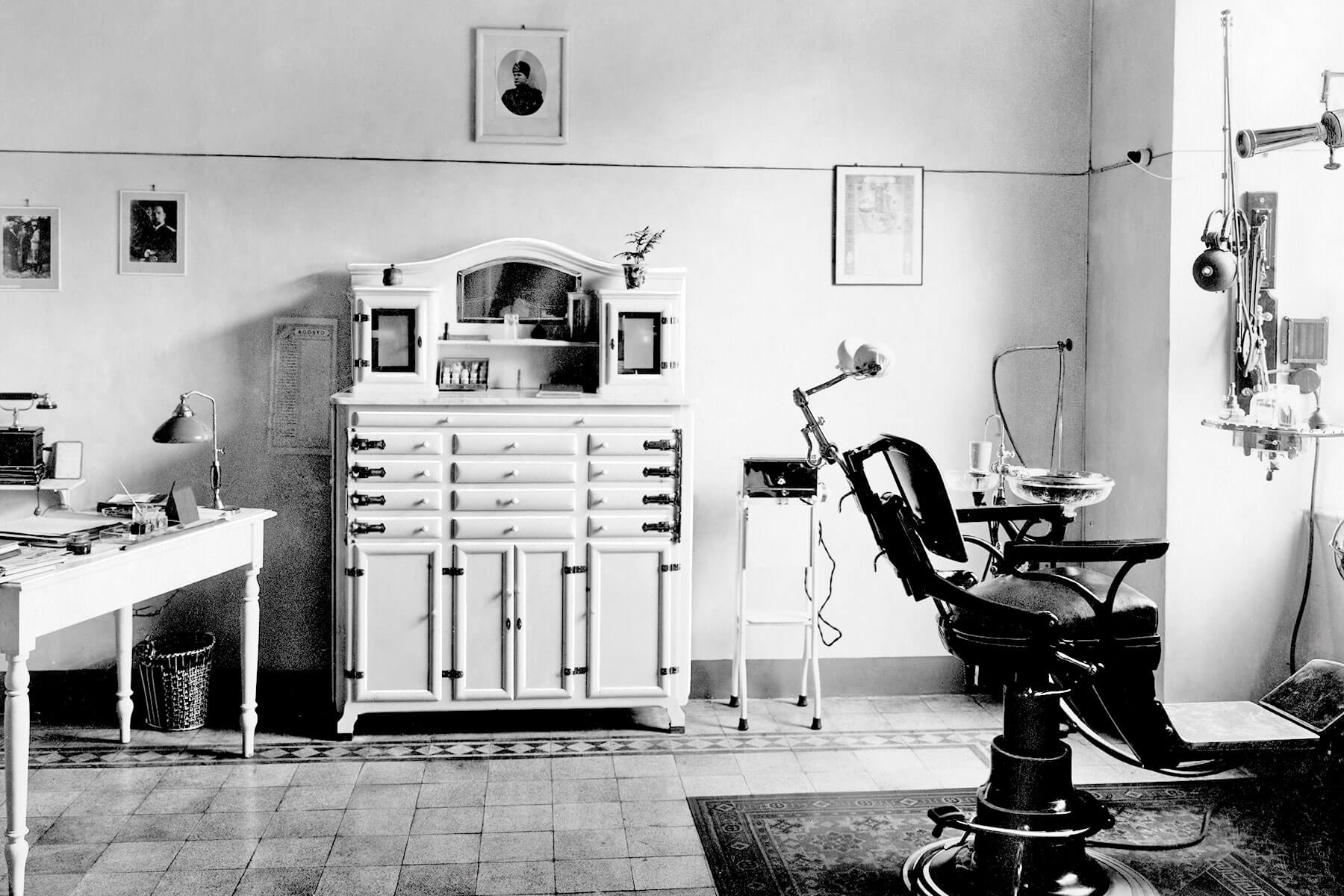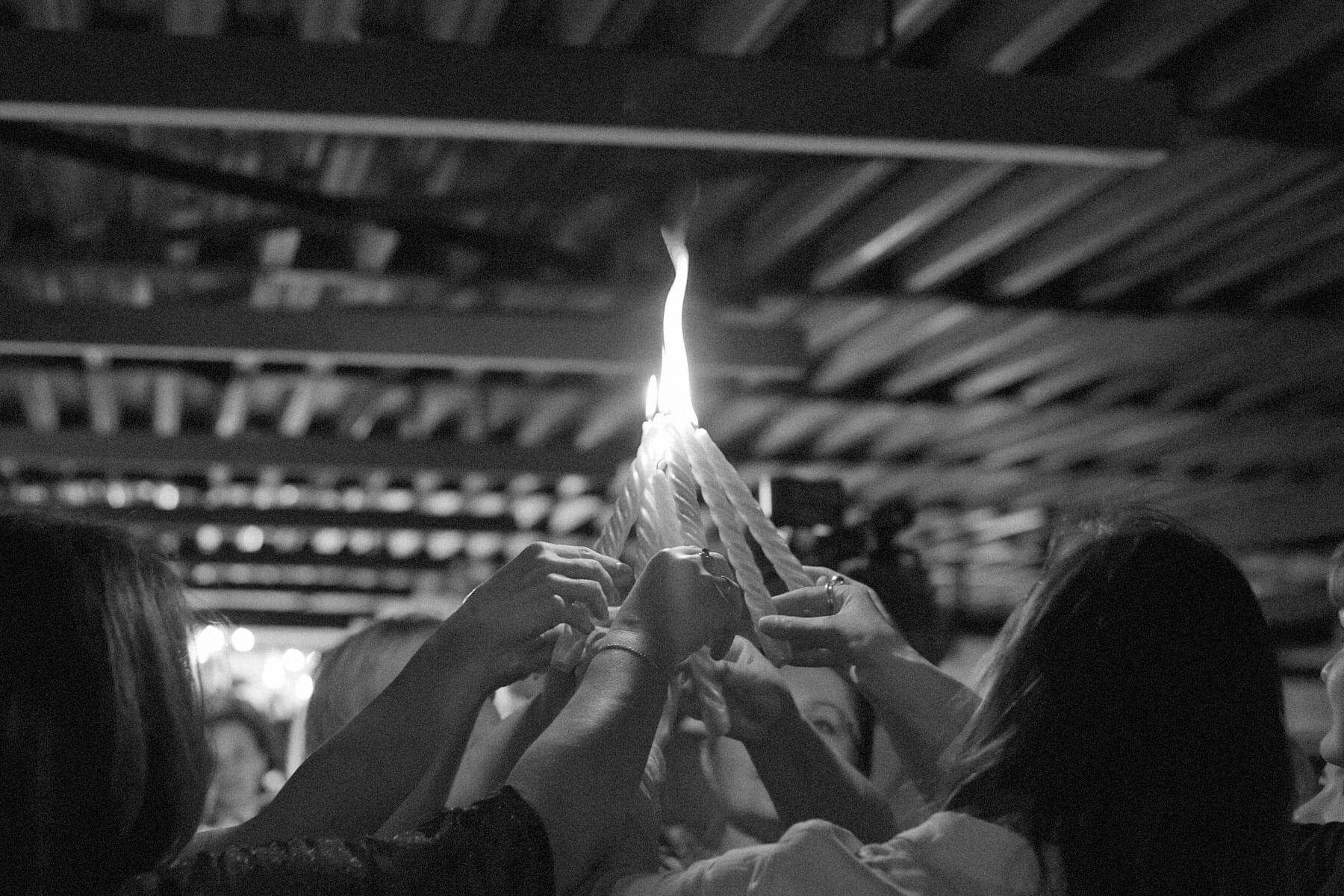 |
The phrase "raise a toast" refers to actual toasted bread. |
Arts & Culture |
 |
| |
| Some theories suggest the toast was used to augment the drink's flavor or to serve as an accompanying snack — not hard to believe given the prevalence of sops. But it possibly had another purpose: In some cider-producing regions, the wassail tradition also included a blessing for good crops from farmers' apple trees, during which villagers hung pieces of wassail-soaked toast in the branches for the robins. Throughout the 17th century, the word "toast" became distanced from just the charred drink topper. By the 18th century, according to linguist Dan Jurafsky, English dinner parties often honored a guest as the "toast" of the night, a tradition that eventually evolved into the verb "to toast." | |
 | |
 | |||||||||
By the Numbers | |||||||||
| |||||||||
| |||||||||
 | |||||||||
| |||||||||
Shaking your head "no" actually means "yes" in some parts of the world. | |||||||||
| The popular phrase "when in Rome, do as the Romans do" is an important reminder to respect unique customs and cultural etiquette around the world. In Bulgaria, that means adopting a cue that's altogether the opposite of most other places in the world: shaking your head side to side to express "yes," and nodding up and down for "no." One theory for how this regional body language developed suggests that, during Ottoman rule, Orthodox Bulgarians used it as a way to resist pressure to renounce their faith, nodding their head "yes" when asked to convert religions while inside meaning "no." Today, many Bulgarians try to accommodate visitors, who, if they're aware of the custom, do the same for locals — leading to potentially confusing conversations. | |||||||||
 | |||
Recommended Reading | |||
 | |||
| | |||
 | |||
| | |||
| + Load more | |||
| |||
| |||||||||
| Copyright © 2023 History Facts. All rights reserved. | |||||||||
| 700 N Colorado Blvd, #513, Denver, CO 80206 | |||||||||
|





No comments:
Post a Comment